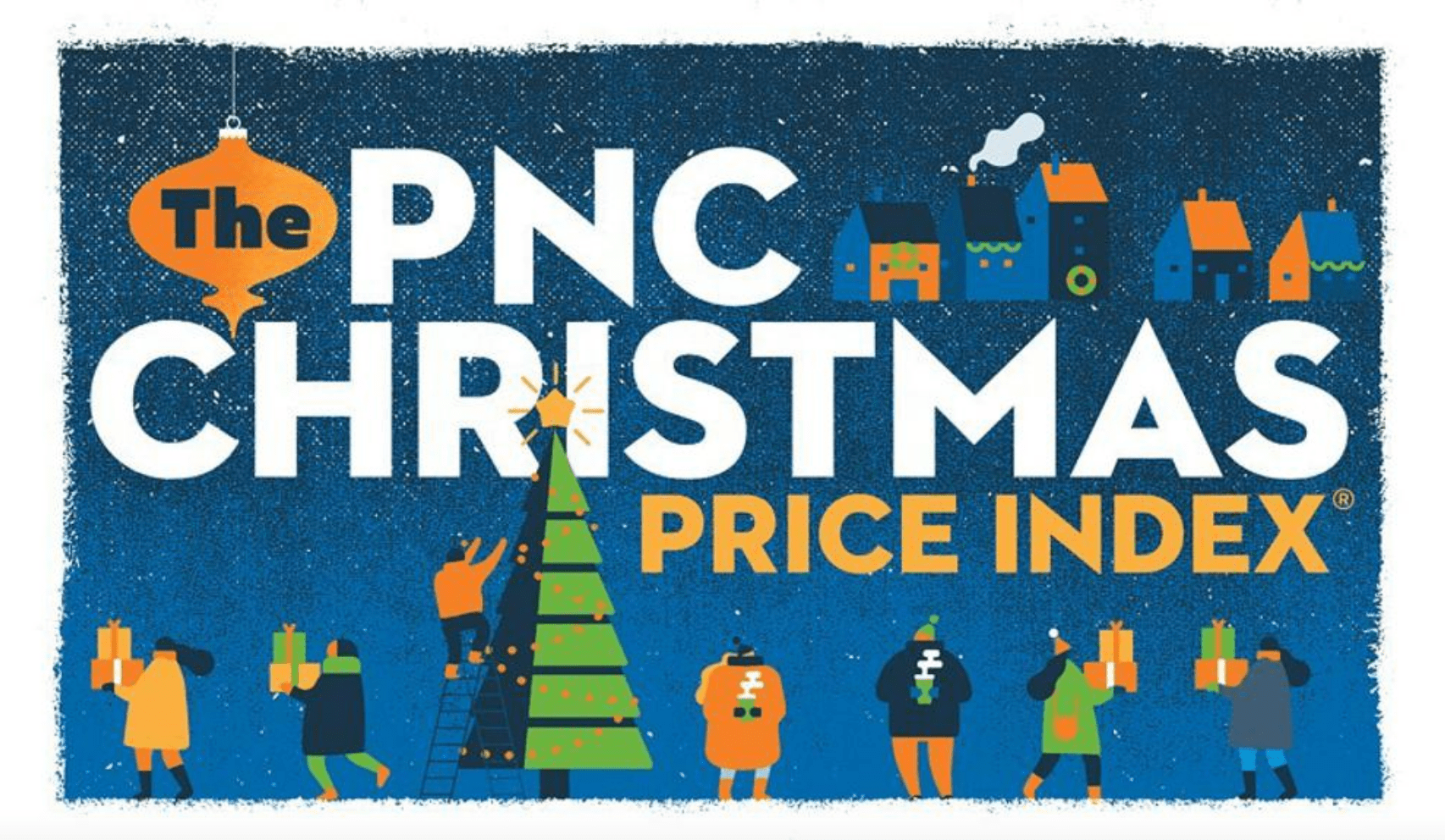Sodas. Tanning. Wine. Hookers.
In the scramble to raise revenues, city, state and federal governments have considered slapping taxes on nearly everything they can figure that qualifies as a vice. While some of those efforts have been derided (remember criticisms of the fat tax?) and subsequently derailed, a few of these sin taxes have been pushed through. As it turns out, some of them have also been quite lucrative. Just ask the City of San Jose.
According to the Sacramento Bee, San Jose is reaping rewards from taxing medical marijuana collectives. Recent figures from the finance department indicate that the new 7% tax brought in $290,000 in the first month the tax was imposed. Annualized, that’s nearly $3.5 million. Not a bad way to put a dent in the city’s $115 million budget deficit.
Of course, I know what you’re thinking. Medical marijuana isn’t really a vice and so maybe lumping it together with sin taxes isn’t quite fair. But while isn’t couched as a vice inside the medical community, you and I both realize that it’s not treated the same as other medications. Distributing marijuana, while legal in 16 states for medical purposes (Alaska, Arizona, California, Colorado, Hawaii, Maine, Michigan, Montana, Nevada, New Jersey, New Mexico, Oregon, Rhode Island, Vermont,Virginia, Washington), is still technically illegal on the federal level. And, even when states choose to qualify marijuana as a legal drug for medical purposes, they may still impose a tax on marijuana taxed when other medicines are not. In California, for example, it would be otherwise exempt under the state sales tax laws which specifically exclude “[s]ales of prescription medicine and certain medical devices.” However, sales tax is collected because marijuana cannot be exempted as a prescription drug since it is classed as a Schedule I drug by the federal government and cannot actually be prescribed (you need a note from a doctor to get it from a licensed dispensary).
The result of the disparity in the law between the feds and states is that taking steps to tax marijuana, medical or not, still requires treading carefully. As I’ve noted before, it was the taxation of marijuana in the 1930s which lead to the criminalization of the drug in the first place. The 1937 Marihuana Tax Act (yes, the spelling is purposeful) imposed a two part tax on the sale of marijuana, one of which was very similar to a sales tax. The other was an occupational tax for licensed dealers.
In 1969, Timothy Leary challenged an arrest for possession of marijuana under that very law and the case of Leary v. United States made it all the way to the Supreme Court. The Supreme Court invalidated part of the law and sent Congress back to the drawing board. The result was the Controlled Substances Act, passed in 1970, which completely criminalized the possession or sale of marijuana. To this day, that federal law remains on the books.
Of course, despite the criminal element, we all know that the sale of marijuana continues to flourish in the U.S. both in state-sanctioned dispensaries and on the streets. So, the idea has popped up again and again: why not tax it? It would be nearly impossible to tax illegal sales but sales that are state-sanctioned are fair game, right?
There is significant opposition to the idea. And opponents of taxing the sales for medical purposes are not those who sell the drug but those who feel that it should not be sold at all. Take Paul Chabot of the Coalition for a Drug Free California, for example. Chabot objects to taxing the drug on principle, claiming, “With the state in dire straits in finances and the country looking for ways to pay down debt, looking at illegal drugs is the absolute wrong thing to do.”
The thinking follows that taxing medical marijuana will legitimize the drug. That, it’s argued, would open the floodgates to increased drug use, moving from marijuana to stronger drugs like heroin and cocaine – the whole “gateway drug” argument.
Proponents of taxing medical marijuana disagree that taxing it is a bad idea. They argue that marijuana is extremely popular already. In fact, domestically grown marijuana is thought to be the second most profitable cash crop in the United States. Only corn is considered to be more lucrative. Taxing the sale of marijuana (and thus, eventually legalizing it on a federal level) would likely increase tax revenues across the country. Proponents also argue that the next move to legalize marijuana would drive down risks associated with street sales, thus having secondary benefits of reducing violence, freeing up police resources and reducing the numbers of nonviolent offenders held in overcrowded prison systems.
It’s a fundamentally social and moral question but with huge financial consequences. So where do we go from here?
As budgets tighten, you can bet that other state and local governments are keeping a close eye on cities like San Jose. Taxing sales of previously untaxed products – especially those with a social taint like marijuana – may seem like an easy out to the politically unpopular idea of increasing property taxes or cutting existing services. But does voting yes on the taxation of marijuana bring legalization of those drugs for recreation a step closer? And if it does, does it matter? Those are the increasingly difficult questions facing politicians. What do you think?



